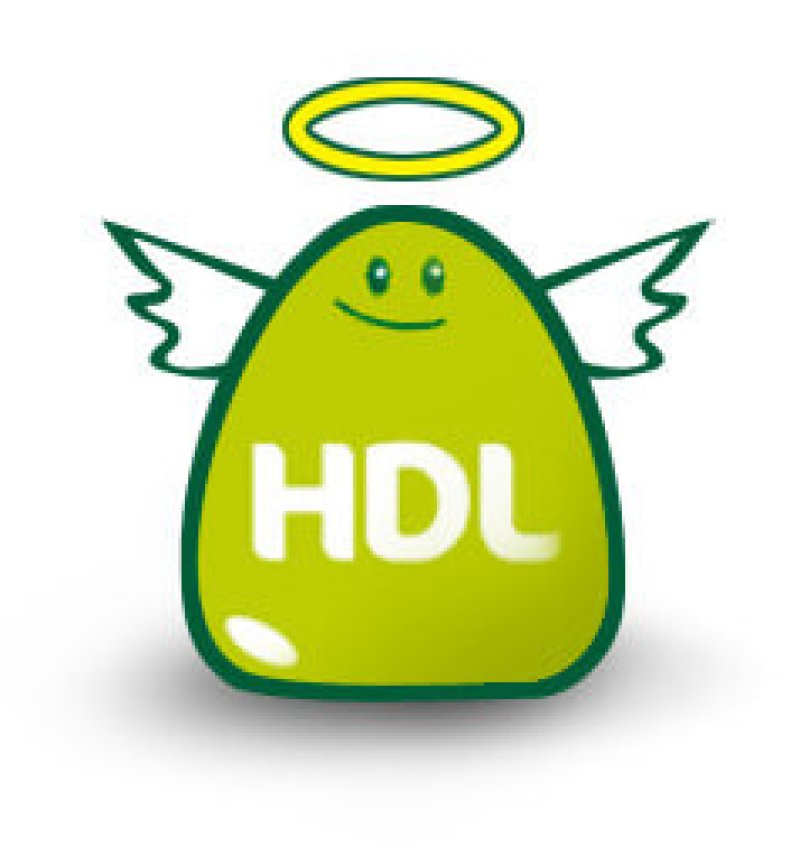So-called “good” cholesterol, the HDL, anything above 60 mg/dl is considered protective against heart disease. That’s because HDL facilitates removing cholesterol from cells lining the arteries and transporting it back to the liver, thus reducing the risk of blocked arteries.
Some research (for example here) questions whether that prescription really holds, though, and suggests that you can have too much of this particular “good thing.”
…
Danish researchers, led by Dr. Børge G. Nordestgaard from the University of Copenhagen, used data from two large prospective studies to analyze possible links between high levels of HDL cholesterol and risk of death from any cause. In particular, they were interested in learning if people with extremely high levels of HDL were at a greater risk of dying than people with lower levels.
…
[I]n both genders [the chance of death] resulted in U-shaped curves, indicating that both the lowest and highest levels of HDL were associated with increased mortality.…
[Their] results indicate that the common belief that, the higher the concentration of HDL cholesterol the better, does not hold for extreme high concentrations, as the relationship between HDL cholesterol and all-cause mortality was not linear over the entire range of HDL concentrations.The GLP aggregated and excerpted this blog/article to reflect the diversity of news, opinion, and analysis. Read full, original post: You Can Have Too Much Of A Good Thing – Even HDL Cholesterol































